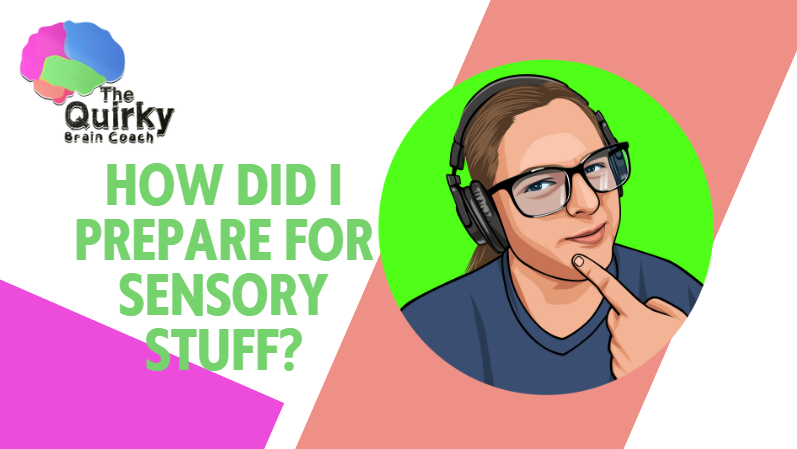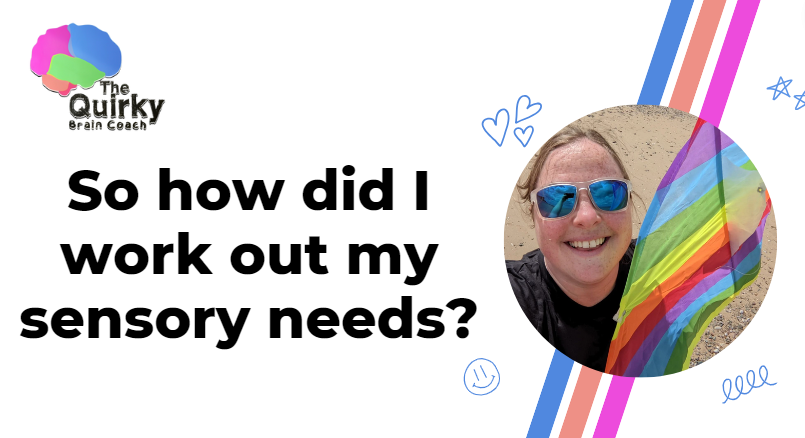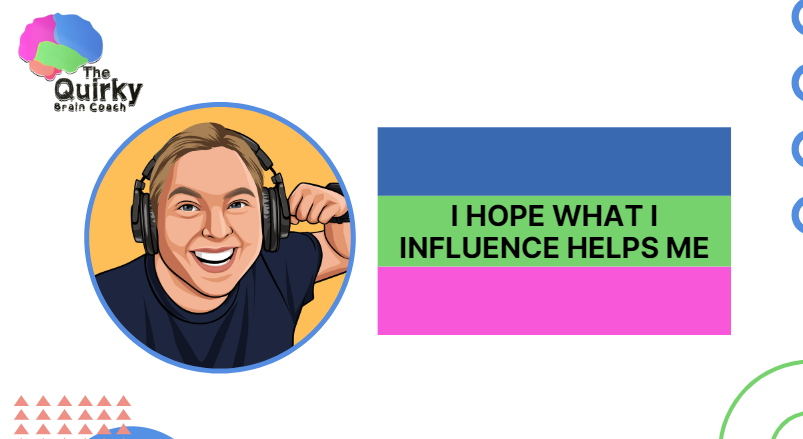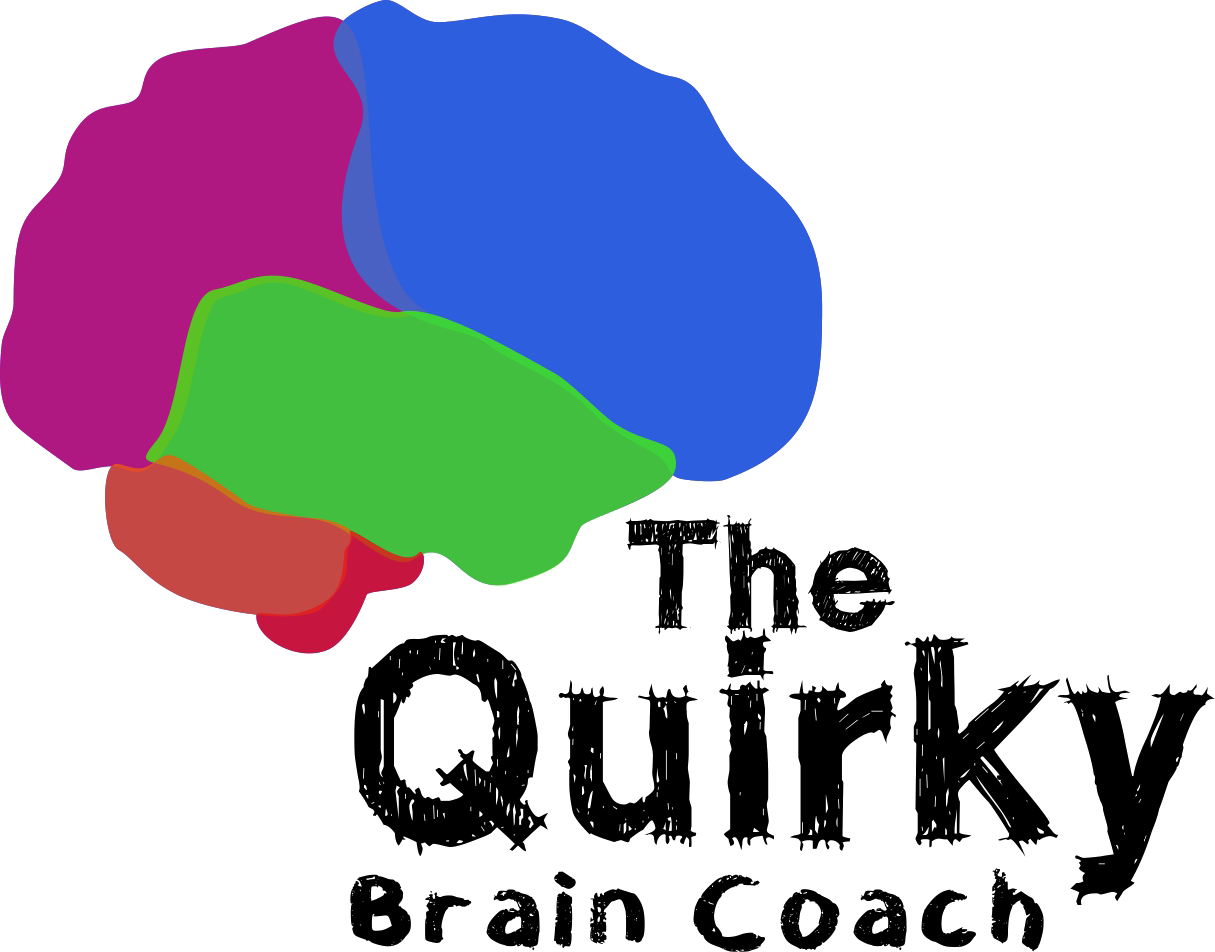How I prepared to meet my sensory needs for an amazing trip of a life time
I leave for Everest Base Camp tomorrow. As an autistic person, I have particular sensory needs that could impact my well-being, enjoyment and trek completion if I don’t accommodate them. Read what I did to prepare myself from a sensory perspective – and why you must find your own way of doing “hard things”.
Along the way, I’ll tell you about why it’s important to stop trying to CONTROL everything, and think instead about what it’s healthy to INFLUENCE.

Caveat: some of what I write may be similar to sensory exposure. Please note that I carried out my sensory preparation in a safe, intentional, researched and self-chosen, authentic way. If you would like to make your own progress with a sensory issue, then I’d advise some things first.
If you know that you have phobias, strong sensory aversions, or that you do not yet feel skilled and confident to address and accommodate some of your sensory needs safely, consider working with a neurodivergent therapist with a specialism in these areas to show you safely.
My research to understand my sensory needs for base camp
So let’s get into it. Everest Base Camp is a long and strenuous trek with physical exertion, dust, and thin air. It’s currently very humid and raining a lot. There are few hot showers, and I will have to share a room with someone I have not met and I don’t know.
As you can probably imagine from just reading that description of the trip, if you’re #autistic or have sensory processing difficulties of some kind, this has the potential to be a challenging trip from a sensory perspective. As such, I’ve gone through a process to help me.

First of all, I made sure to research what the trip might look, sound and feel like in detail. I do this with all hikes or holidays I take since I was diagnosed. YouTube is full of travel videos from the tourist perspective. In the case of base camp, there are many videos.
The videos physically show you what the trail and route looks like in detail. But they also show you the reality of the accommodation, the facilities, and the things you will see, smell, hear or otherwise experience on the trek – such as the weather and the food menus.
Once I had a good understanding of what the trek involved, I booked. But I also made a list a few months later of all the aspects of the base camp trip which could trip me up from a sensory perspective if not known about and mitigated in advance.
My list of sensory issues to consider after research:
- little hot water
- squat toilets in places
- humidity & rain
- dust
- sensing changes in air quality
- heights (high bridges and thin, high trails in places)
- sensory overload from noise
- depletion from social contact
What I did to influence a specific sensory need – feeling clean
For each of these issues, I talked to my partner and/or I journalled. I thought about how each of these could play out, why it’s important to plan for them, and what I can authentically and safely influence to mitigate the sensory impact on me while trekking.
We’ll take the specific example of access to hot water (and easy, clean washing facilities) as a specific example of what I did and how. I know many fellow #autistic folks will relate here. I am someone who likes to be clean and can be distressed if I have dirty hair. I hate it!
After my YouTube research, I understood a lot of showers are cold higher up the trail. I also saw that some shower facilities are outside, and are not that clean. I knew this could cause sensory issues and that transitions could be problematic e.g. shower outside and come in.
I journalled about this to make a plan. I know that, whatever happens, I will feel awful if I have greasy hair while I am away. But I also know that some of the advice was not to wash your hair at higher altitudes if it’s cold. I solved this problem by finding a great support!
I found a rinse-free shower-in-a-cap solution (and I read the reviews to check they are work, and saw some autistic people have used them). I simply put the cap on my head, massage the cap liquid into my head, and then towel dry my damp hair. Clean hair but not getting cold.

I am hopeful this should work for me, and I will share later if/how it did. I also know that I will want to wash my body, and I know from reflecting on prior experience that cold water showers wake me up and make me feel energised. I already know low energy could become an issue.
Therefore, a few months ago, I started taking a 1-2 minute very cold water blast at the end of each shower. It was shocking the first couple of times but now it has become such a beneficial and comfortable habit that I do it every day, and it feels weird if I don’t now.
Thus, I am already used to cold water for washing – and even enjoy it now. I know many #autistic people have particular feelings about cold water and so this would be one of those cases mentioned earlier…if this would be unsafe or you don’t feel equipped to do this yet, don’t.
The other concern I had was around cleanliness was being or getting dirty as a result of showering. I have packed some sliders (stored in a separate plastic bag to keep them away from my clothes) to keep my feet clean. I have also got large eco-friendly body wipes.
This means I can clean myself when it’s really cold, or just provide myself with an extra feeling that I am clean. I am hyperosmic and while I know other people probably can’t smell me, I can smell myself and even that can contribute to sensory overload if I’m tired.
I seek to influence – not control – my sensory experiences
Now, does everything I have thought of and mitigated mean that I won’t experience any sensory discomfort or have any sensory overload? Absolutely not. There’s no way I can control everything. Full control is not possible (a hard but important truth to accept).
But as I say to many of my clients: we can create extra stress and burn ourselves out in trying to control the uncontrollable. The trick is not to try to control things, but to extend your influence over what happens to you in a realistic and healthy way.
I describe this as stacking the casino deck of life in my favour. I can’t guarantee I’ll win the sensory jackpot, but I sure as hell can choose the game and make sure the croupier is on my side! I’m influencing my experience of washing to increase the chance it works for me.
Don’t compare yourself – get curious about what works for you
Now you’re probably thinking as you read: this is a lot of work OR I can’t do this OR it won’t work. Of course you are. If you’re thinking this, then the chances are you have never done this kind of prep to influence your trips/trip outcomes before.
It is therefore entirely normal to read this thread and think: that’s great. I wish I could have/do that but I can’t. However, comparison is the thief of personal, autonomous, authentic progress. I am not you. Comparing yourself to me is not like-for-like, and will not necessarily be helpful.
I am a trained coach that uses psychological models and well-researched coaching exercises to help people learn how to craft their OWN way to do things like going to Everest Base Camp.
My goals are not your goals. My needs are not your needs. And, crucially, my skill levels are not your skill levels – yours may be higher or lower in some areas. Because I know “all the tricks”, I can apply them to myself because I use my tools with other people all the time.
This means I could be more confident and skilled about taking myself through sensory preparation and self-coaching than some people.
But just as you’d expect a 20x published professor to be more skilled in some ways than a new PhD candidate, I am further on with accommodating my #autism than some people. Just because you’re not in a similar place to me now, does not mean you never can do some of what I do.

So don’t compare yourself to me. Or to anyone else who is not so similar to you in needs, life and circumstances that it’s a relevant and useful comparison e.g. X is same age, job, diagnosis as me and facing same challenges – let’s see what they’re doing and take inspiration.
That type of comparison can be useful and healthy. But trying to be right now this moment might not help and might not be relevant to learning what you CAN realistically and accessibly do to meet your own authentic needs.
How you can access support to learn to accommodate sensory needs
In any case if you want to be able to accommodate your senses for hard tasks or adventurous trips you would like to take. I have shown you some of what could help and why. What you have to do is work out what you want and need, and your own safe and enjoyable strategies for that.
If you have a strong journalling practice, a neurodivergent best friend or peer support, you already have people and places you can go to to start working out what you need and how YOU can make that happen. If you need more support, that’s what therapists or coaches are for.

I am fully booked up to the start of October and will begin consultations for later in October when I return. However, if you think you might like to work with me later this year, you can shoot me an email and I can book you in still over the next few days.
My email is yourcoach@thequirkybrain.coach.
My podcast can be found on major platforms (The Quirky Brain Coach Podcast).
My newsletter signup is on my website thequirkybrain.coach.
If you want to know how to do hard things and finally cross that bridge in your life, ask me how! It’ll be my pleasure to help you build your own strategy, as well as looking at emotional and sensory barriers to accommodate or process. Take good care – Becci!

